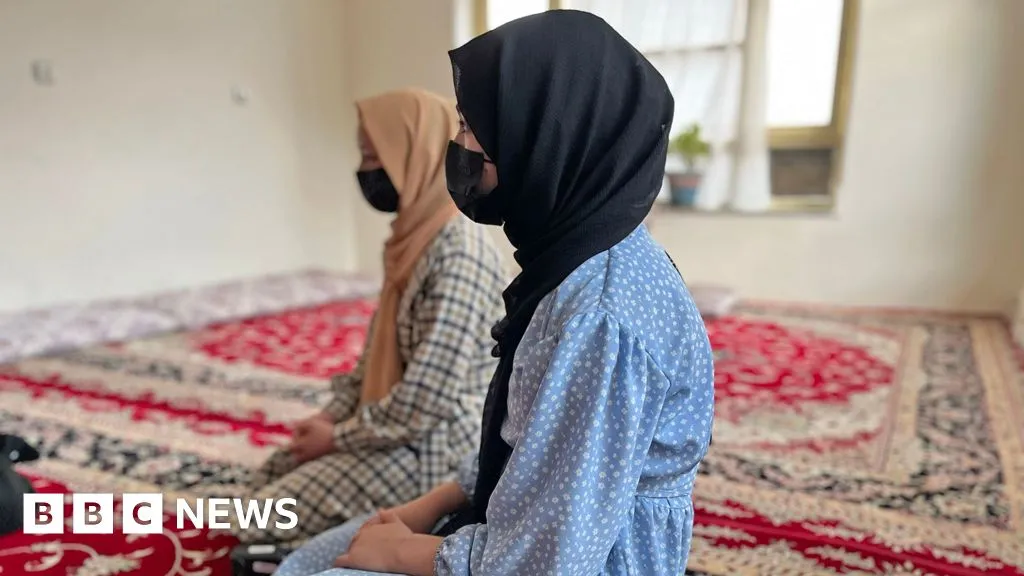- cross-posted to:
- [email protected]
- [email protected]
- cross-posted to:
- [email protected]
- [email protected]
The daily English lessons that Shabana attends are the highlight of her day. Taking the bus in Kabul to the private course with her friends, chatting and laughing with them, learning something new for one hour each day - it’s a brief respite from the emptiness that has engulfed her life since the Taliban took over Afghanistan.
In another country, Shabana* would have been graduating from high school next year, pursuing her dream to get a business degree. In Afghanistan, she and all teenage girls have been barred from formal education for three years.
Now even the small joys that were making life bearable are fraught with fear after a new law was announced saying if a woman is outside her home, even her voice must not be heard.



20 years in the wilderness fighting a guerrilla campaign against a hostile invading army does little to cultivate a base of moderate bureaucrats.
The donations can’t come so long as they remain head of the national government. The US sanctions regime forbids it.
The prior government was made dependent on US presence as a control on their domestic authority. This was a feature, not a bug. Americans gave the Iraqi government too much slack, and they immediately started forming diplomatic relationships with their Iranian neighbors. So we ran Afghanistan differently, hobbling the Kabul government such that they couldn’t do anything without US consent.
Then we left, and the administration collapsed like a house of cards, because that’s all it really was. Just the window-dressing of a liberal democracy over a foreign military dictatorship.
But when we left, we also ripped out the base of the Afghan economy. We looted the national treasury. We shut down all the interstate electronic infrastructure. We froze access to foreign markets. And we threatened any business that hoped to do trade into Afghanistan with the same kind of penalties. Consequently, we crashed the Afghan economy and effectively blockaded it from access to fertilizers, medicines, and food imports that the state was relying on up to this point.
That is ultimately what’s driving the current famine. Afghan is effectively under siege by threat of the US federal government.